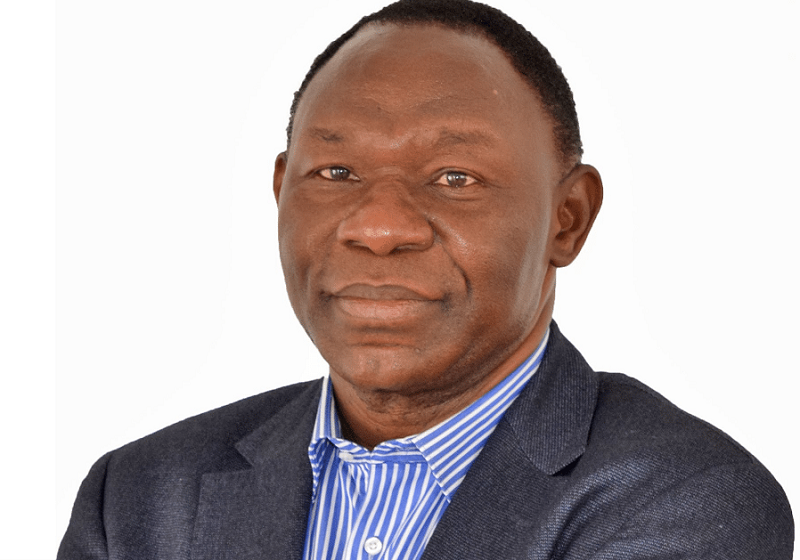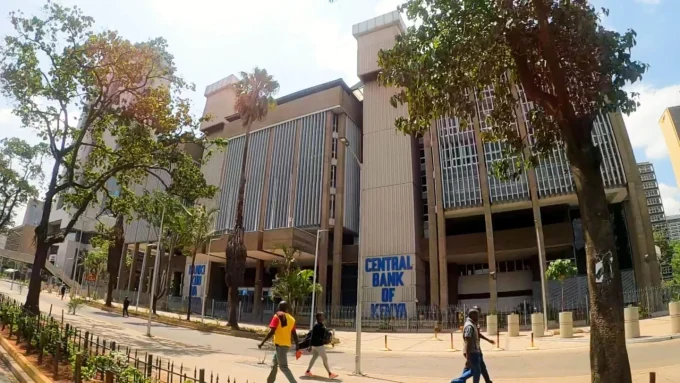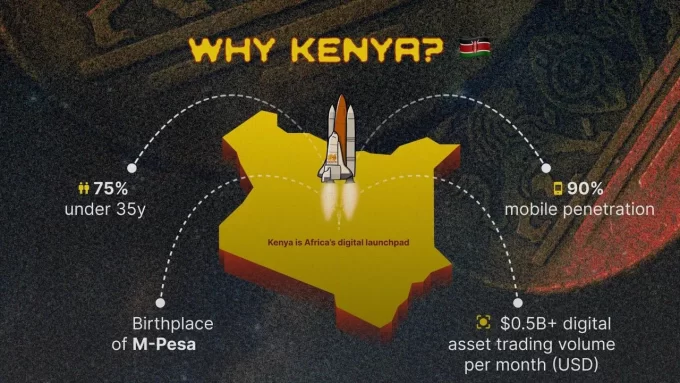Blockchain technology simply means the ability to have digital information that cannot be copied but it can be distributed.
While it was originally devised for the digital currency, blockchain technology has now morphed beyond the virtual currencies. It is now being tested for use by governments to enhance service delivery while cutting out time spent and fraud.
Many governments have, however, been cautiously approaching this new disruptor. Kenya has been a pioneer on the tech front in Africa and it is now looking to ride on the blockchain technology with the government taking the initiating role.
Through the ICT ministry, the Kenyan government is exploring and analysing the potential opportunities blockchain technology has. According to Prof Bitange Ndemo, who chairs the Distributed Ledgers Technology and Artificial Intelligence Task Force, there are several digital transformational opportunities. “The abundant burgeoning opportunities will help Kenya leapfrog several stages of development,” says Ndemo.
He adds, that this will “hasten our journey towards becoming a leading developed economy by leveraging and taking ownership of the Fourth Industrial Revolution.”
A report by the task force, Emerging Digital Technologies for Kenya – Exploration & Analysis, says blockchain technology presents governments with an opportunity to lead innovation and at the same time create an environment that enables innovation to thrive.
“The Fourth Industrial Revolution will result in massive transformations in the labour force, economy, and productivity of our society. It will fuse the physical, digital and biological worlds, thereby affecting all sectors, geographies, and economies,” the July 2019 report says.
This emerging technological revolution could be leveraged to enhance Kenya’s impressive track record of ICT adoption and development. Kenya possesses a strong history with respect to the involvement in and prioritization of digital agendas.
The country’s willingness to embrace innovation in partnership with the private sector makes Kenya ‘Africa’s Silicon Savannah’.
Blockchain technology vs corruption
The report indicates that Kenya plans to use blockchain technology to eliminate corruption. While the government seems to be lethargic in eradicating this vice, technology enthusiasts feel that blockchain technology and Artificial Intelligence (AI) could help kill public corruption in Kenya.
The report highlights that several governments across the world have embraced the use of technology for improved governance. “Blockchain and AI have emerged as some of the technologies that offer actual means to fight corruption and ensure that citizen’s interests are protected,” says the Task Force.
It cites Spain, which slid eight points to become one of the EU’s lowest-ranked countries due to a spate of high-profile corruption scandals over the last decade. Spain has had to leverage blockchain and AI technology solutions to combat corruption.
Other countries that are using Blockchain and AI to fight corruption include Ghana, Georgia, and Ukraine. These countries are looking to reform the land registry by building immutable title systems on blockchain to prevent fraud and enable the banking industry to have confidence in land assets.
Some of the Scandinavian countries have built blockchain-powered land registries to make the details of real estate transactions visible to all interested parties including the tax agencies to eliminate tax evasion.
Using blockchain to cut debt
Kenya has been on a borrowing spree since 2013, leading the country into a spiral as corruption gets out of hand. The report proposes that the Kenyan government should develop a digital asset framework to enable citizens to raise funds through Initial Coin Offers (ICOs) as a strategy to help local investors put their resources in cryptocurrencies underpinned by the utility of local resources.
“These will help transform many viable Small and Medium Enterprises (SMEs) and start-ups to scale to other countries. Governments too could raise infrastructure resources to locally issued ICOs and minimize foreign debt.”
Already, the Venezuelan government has launched a cryptocurrency backed by the country’s oil and mineral reserves.
The February 2018 move was intended to supplement Venezuela’s failing bolívarfuerte currency, in the wake of US sanctions and subsequent difficulty in accessing international financing. The bolívar entered hyperinflation in November 2016.
Although this was a desperate move, the concept remains viable. Estonia will perhaps be the first government to issue an ICO.
The report recommends that Kenya needs to pilot this blockchain technology concept and issue an infrastructure coin or one that deals with the problem of unemployment. Other areas where blockchain can be used include governance, improving agriculture and food security, facilitating financial inclusion and eliminating land fraud among others.













I need help, I am a new investor, I invested on 4july .I didn’t receive my returns on blockchain. What might that be the problem